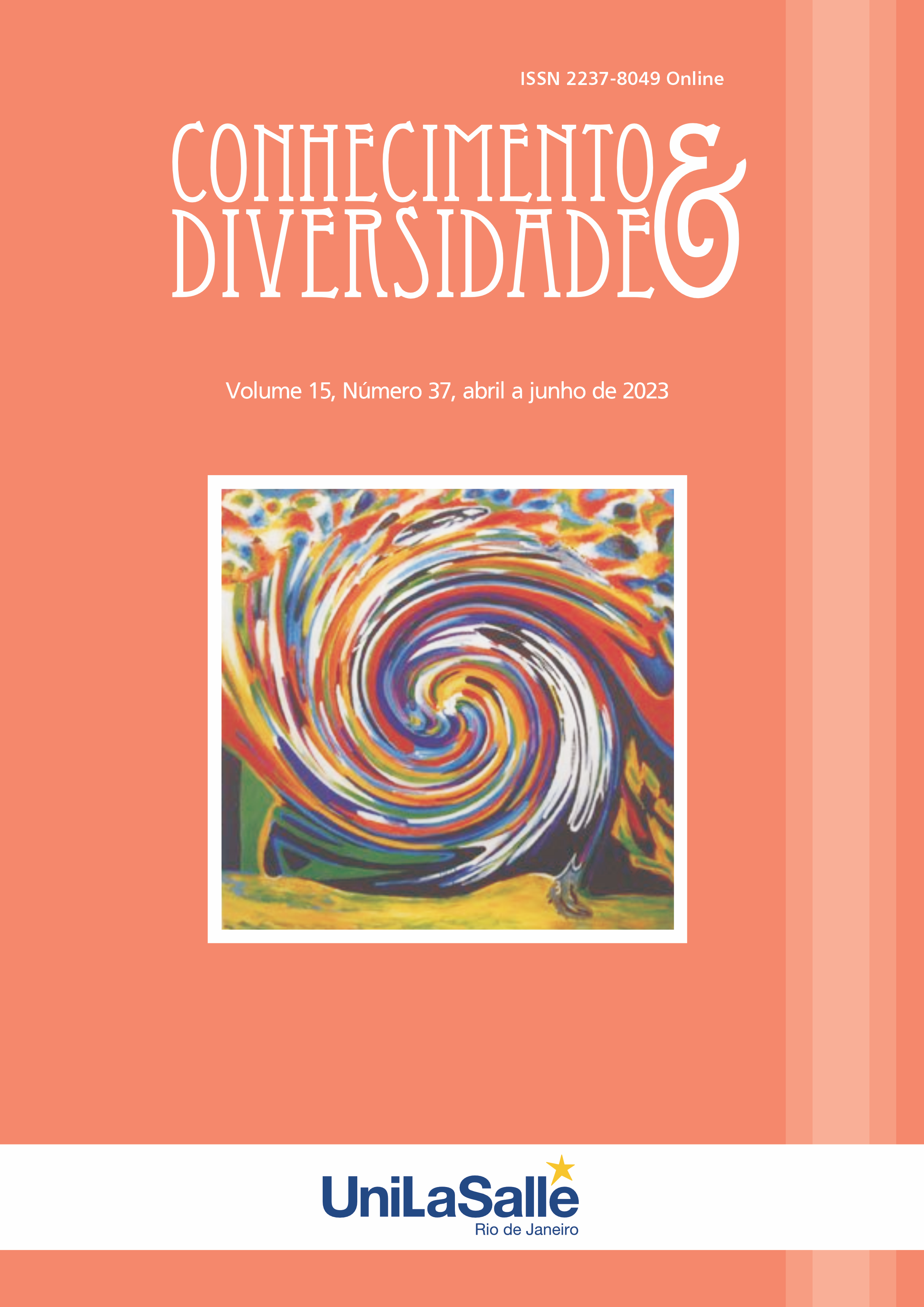TRAUMA THEORY IN MARY WOLLSTONECRAFT’S MARIA
OR, THE WRONGS OF WOMAN
DOI:
https://doi.org/10.18316/rcd.v15i37.10936Keywords:
Mary Wollstonecraft, Feminism, Trauma, Trauma Theory, Maria, or, The Wrongs of WomanAbstract
Maria: or, The Wrongs of Woman, asserts and protests strenuously against the rigid laws that enslave women. The piece of work sheds light on the prevailing morality, which believes that chastity, repentance and submission should be the only virtues of women. Mary Wollstonecraft’s posthumous work is equipped with such powerful political statements. Maria’s character is nothing but a written defence against her oppressive and abusive husband’s misconducts against her. Wollstonecraft pens this feminist manifesto to denounce the numerous wrongs that are done to women. Her proclamation stands tall, demanding women’s right to be free of male oppression. In this research work, we would like to draw not only on the measurements of Maria: or, The Wrongs of Woman but also take a different path, focusing on a theme that is central to the novel and its feminist politics which has received little attention so far: trauma. The novel is a structuring of intertwined life events of suffering and ruptured relationships. We would here delve deep into the novel; the protagonist’s life events and the writer’s concerns through Trauma Theory.
Downloads
Published
Issue
Section
License
Copyright (c) 2023 Conhecimento & Diversidade

This work is licensed under a Creative Commons Attribution 4.0 International License.
As recommended by the Public Knowledge Project, RCD adopts for its articles a CREATIVE COMMONS Attribution CC BY 4.0 license.
This license allows others to distribute, remix, adapt and build upon your work, even commercially, as long as they credit you for the original creation.
This is the most appropriate license offered.
Recommended for maximum dissemination and use of licensed materials.



